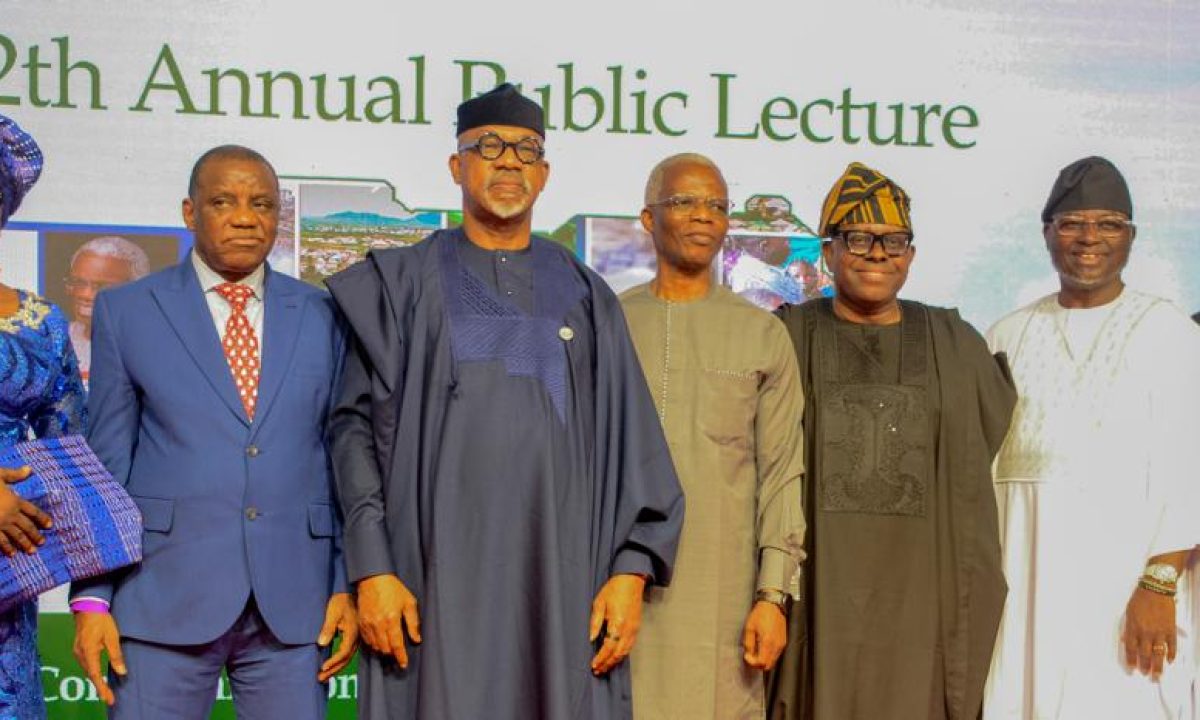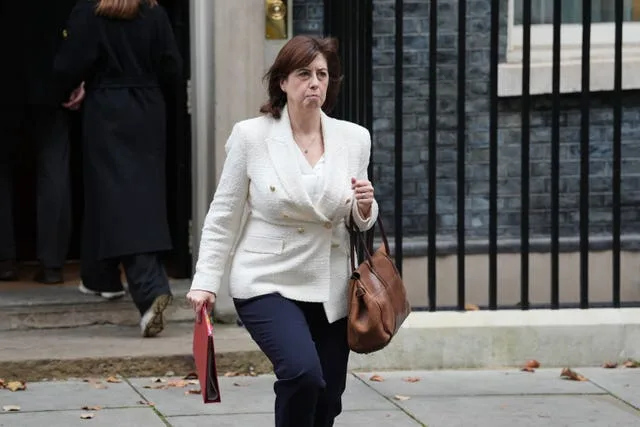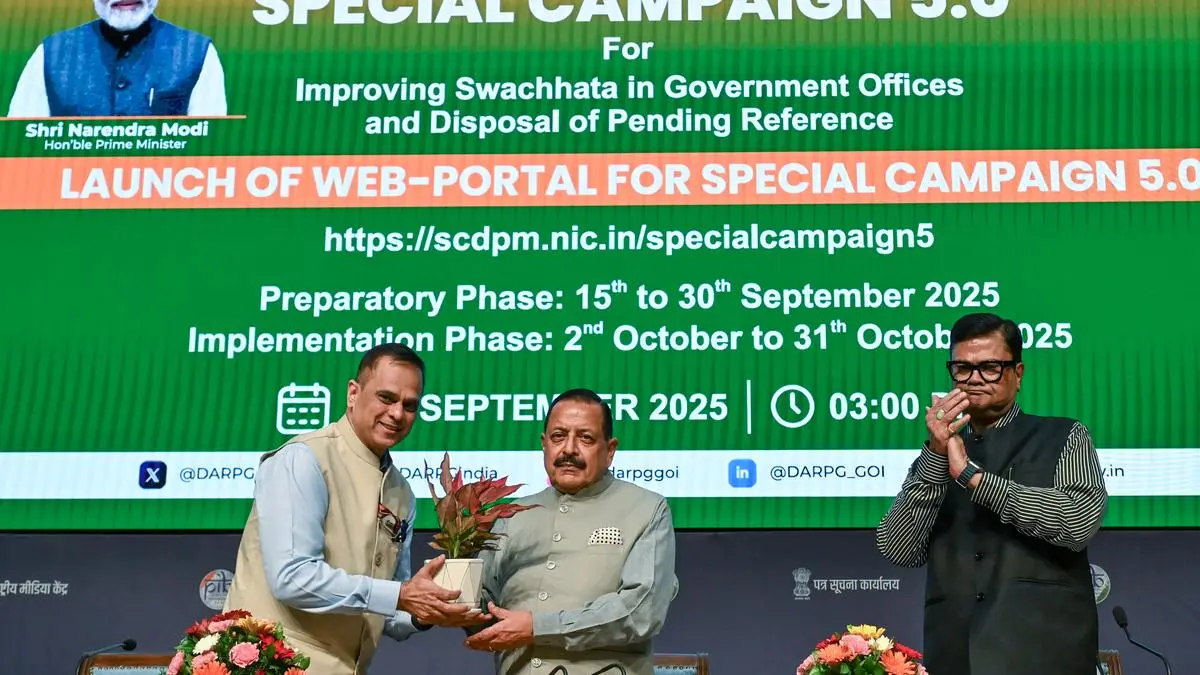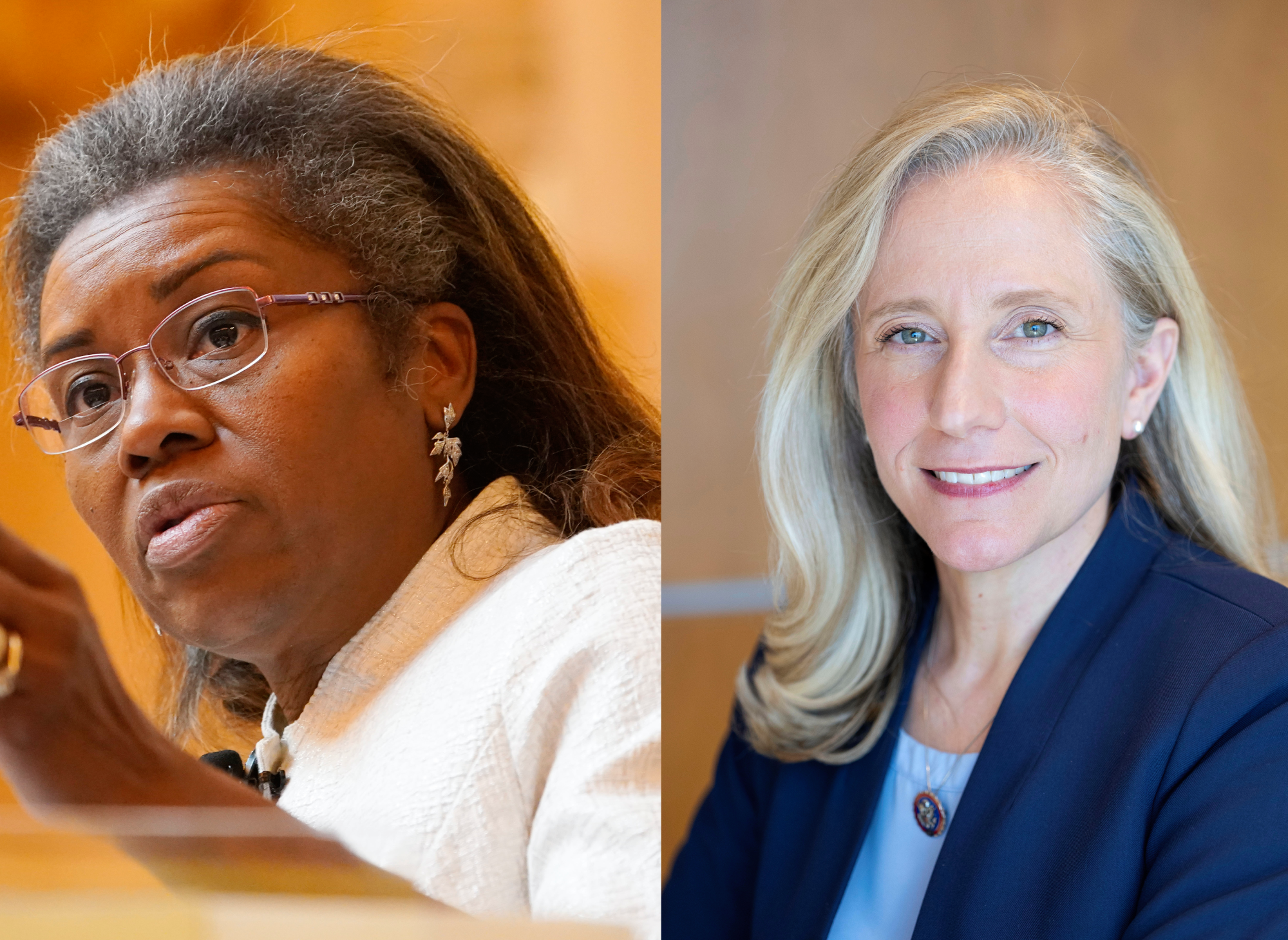By Daily Post Staff
Copyright dailypost

Ogun State Governor, Prince Dapo Abiodun has said that the cooperation of faith-based institutions, wealthy individuals, and corporate entities with the government is needed to break the cycle of poverty in the country. The governor stated this on Wednesday at the 12th Annual Lecture titled: “Poverty Alleviation, Economic Development, and Stability of the Nigerian Economy,” to mark the 70th Anniversary of the Foursquare Gospel Church, held at the Harbour Point, Victoria Island, Lagos. According to the governor, who was the Chairman of the occasion, the theme of the public lecture is apt as poverty is currently confronting many nations, including Nigeria, emphasizing that to defeat poverty, all hands must be on deck, as government alone cannot do it. “As leaders, whether in government, the church, or the private sector, we must collaborate to break this cycle. Poverty is not just an economic statistic; it is a human reality. “Poverty alleviation is a collective responsibility. Faith-based organizations, private sector players, and community leaders must join hands with us to provide education, vocational training, mentorship, and micro-financing. “This collaboration not only uplifts individuals but also fosters resilience in communities, making them less vulnerable to poverty and social disabilities. “Furthermore, the Pentecostal Church can help strengthen moral capital, which is very essential for sustainable development through its emphasis on discipline, stewardship, and accountability. “Economic stability must be anchored on inclusive growth where opportunities are extended to all citizens, especially the vulnerable,” he said. Economic development and stability, the governor pointed out, are two sides of the same coin, stressing that without stability, development would be short-lived and poverty would persist. He admonished the Church to use its teachings and actions to inspire values of hard work, integrity, and accountability, noting that the church could mobilize support for social change, serve as a bridge between citizens and government, and provide support systems that empower families and strengthen society. “As Nigeria continues its journey towards development and stability, we need the church more than ever to stand in the gap through fervent prayers, sound teaching of God’s word, and exemplary leadership,” he added. The governor said his administration has embarked on various empowerment programs for women, farmers, and youths, as well as providing free health services to the vulnerable to cope with the current economic realities. In his speech, the General Overseer of the Foursquare Gospel Church, Pastor Sam Aboyeji, noted that the public lecture is part of the church’s platforms to discuss national issues aimed at finding solutions to the nation’s problems. He commended Governor Abiodun for demonstrating consistency in the state’s socio-economic development, maintaining that his investment in infrastructure, agriculture, education, youth empowerment, among others, as well as poverty alleviation, has lifted the state to a higher pedestal. In a lecture titled: “Poverty Alleviation, Economic Development, and Stability of the Nigerian Economy,” the guest lecturer and former Economic Adviser to the late President Muhammadu Buhari, Dr. Doyin Salami, said though various reforms had been carried out in the past to bring the nation’s economy out of the woods, they have not yielded the desired results. Dr. Salami observed that Nigeria and the People’s Republic of China were on par in the past in terms of development; however, he stated that the Chinese have made tremendous progress in the last 30 years, hence the need for Nigeria to do away with soft reforms and embrace hard reforms. He contended that though the nation’s economy is growing in nominal terms, the growth picture is not appealing, as an increase in investments does not stimulate and drive growth. The former Economic Adviser said for the country to experience economic stability and growth, a reliable data framework, secure environment, provision of adequate electricity, quality education and health, as well as human capital development, must be put in place. He proposed a seven-year tenure for elective officials to enable them to focus on tackling the various challenges facing the country, as the current arrangement does not allow for concentration on governance.



